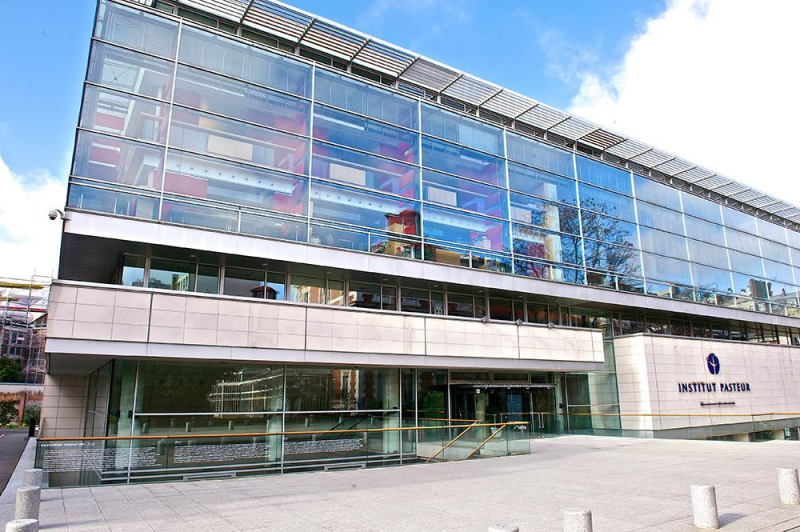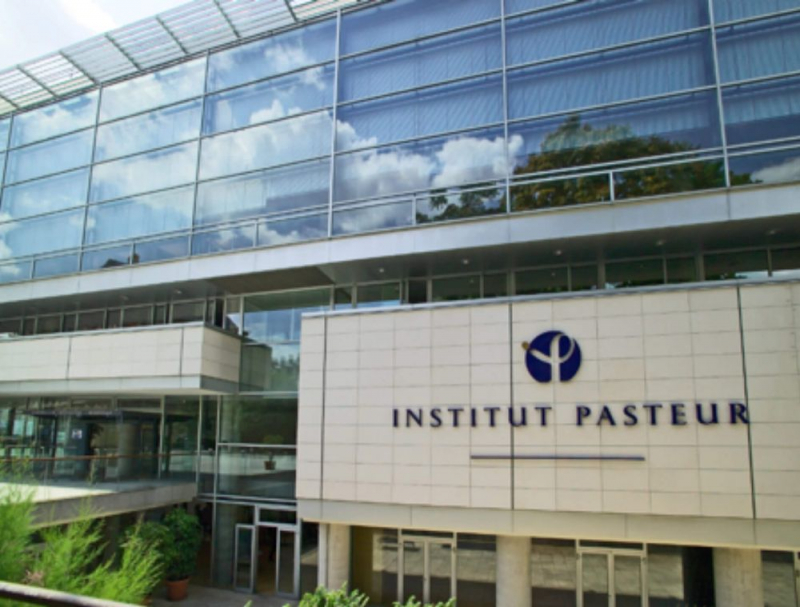He established the Pasteur Institute
One of the interesting facts about Louis Pasteur is that he established the Pasteur Institute. Pasteur suggested creating an institute for the vaccination after creating the rabies vaccine. Fundraising for the Pasteur Institute started in 1887, with contributions coming from numerous nations. The institute's formal statute, which was registered in 1887, said that its objectives were "the research of virulent and contagious diseases" and "the treatment of rabies according to the manner developed by M. Pasteur." The institute opened its doors on November 14th, 1888. He gathered researchers with different specialties. Emile Duclaux and Charles Chamberland, both Normaliens (graduates of the École Normale Supérieure), are in charge of the first five disciplines. Other leaders include biologists Ilya Ilyich Mechnikov (study of microbial morphology), doctors Jacques-Joseph Grancher (rabies), and Emile Roux (study of microbiology). Roux founded the world's first taught microbiology course, called Cours de Microbie Technique, at the institute a year after taking office. The Pasteur Institute has grown significantly since its founding in 1891 and presently comprises 32 research institutes spread across 29 nations.
The Institut Pasteur has been researching infectious diseases for nearly a century. In 1983, this Paris-based global biomedical research institution was the first to isolate HIV, the virus that causes AIDS. It has been responsible for discoveries that have allowed medical research to control diseases including diphtheria, tetanus, TB, poliomyelitis, influenza, yellow fever, and plague over the years. Ten Institut Pasteur scientists have received the Nobel Prize in medicine or physiology since 1908; the 2008 Nobel Prize in Physiology or Medicine was shared by two Pasteur scientists.







